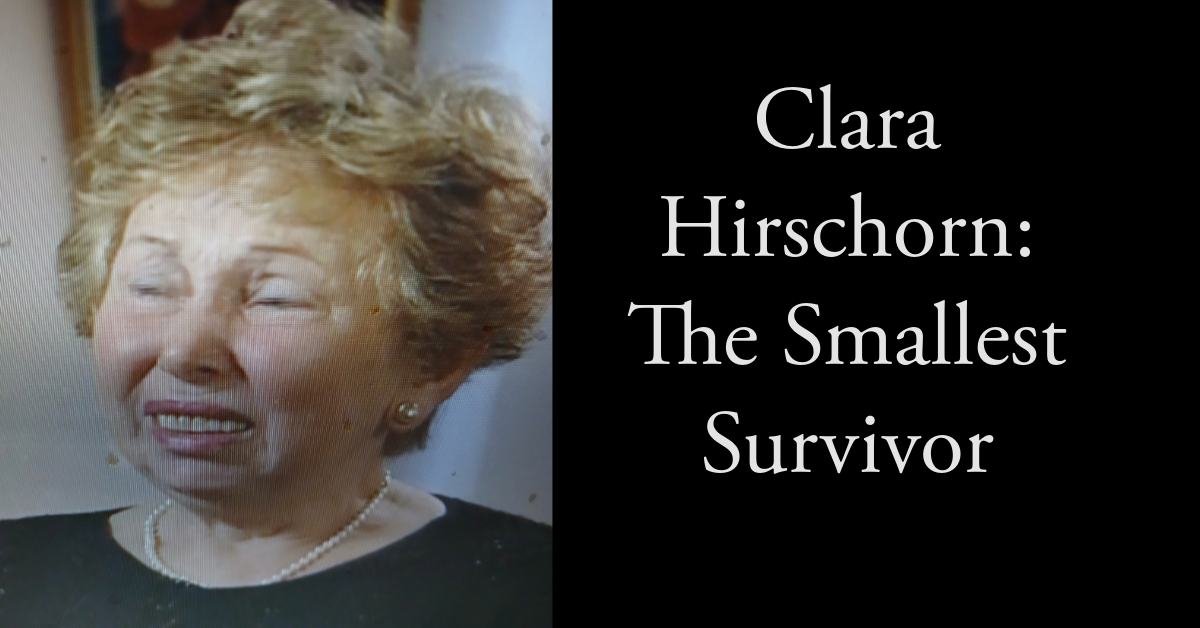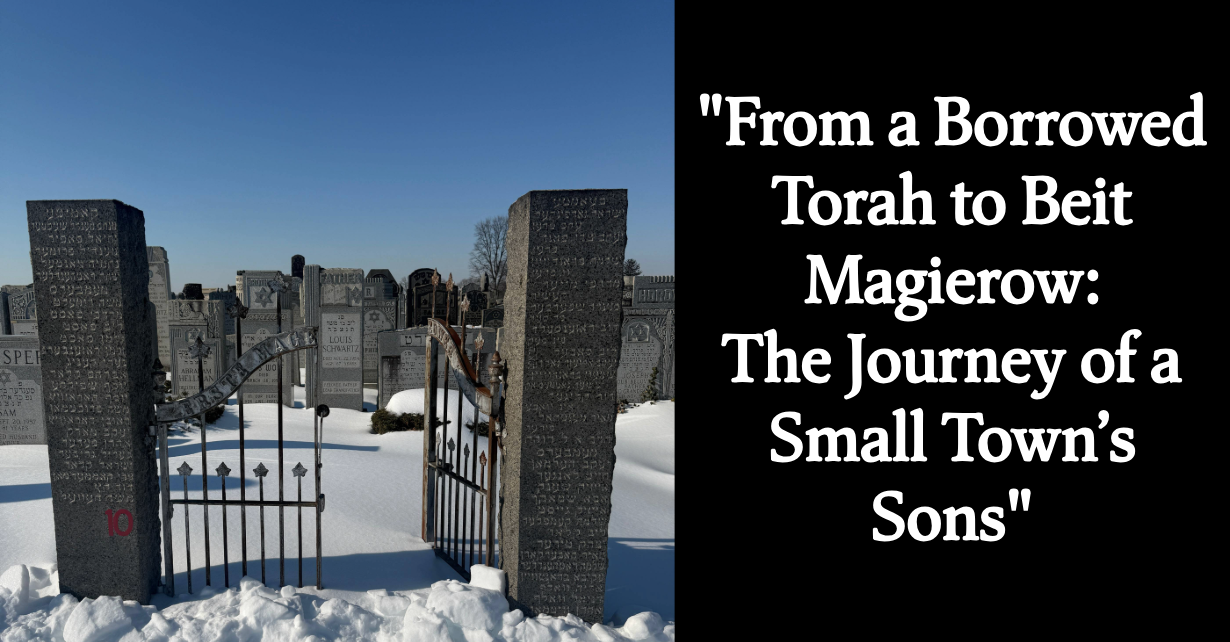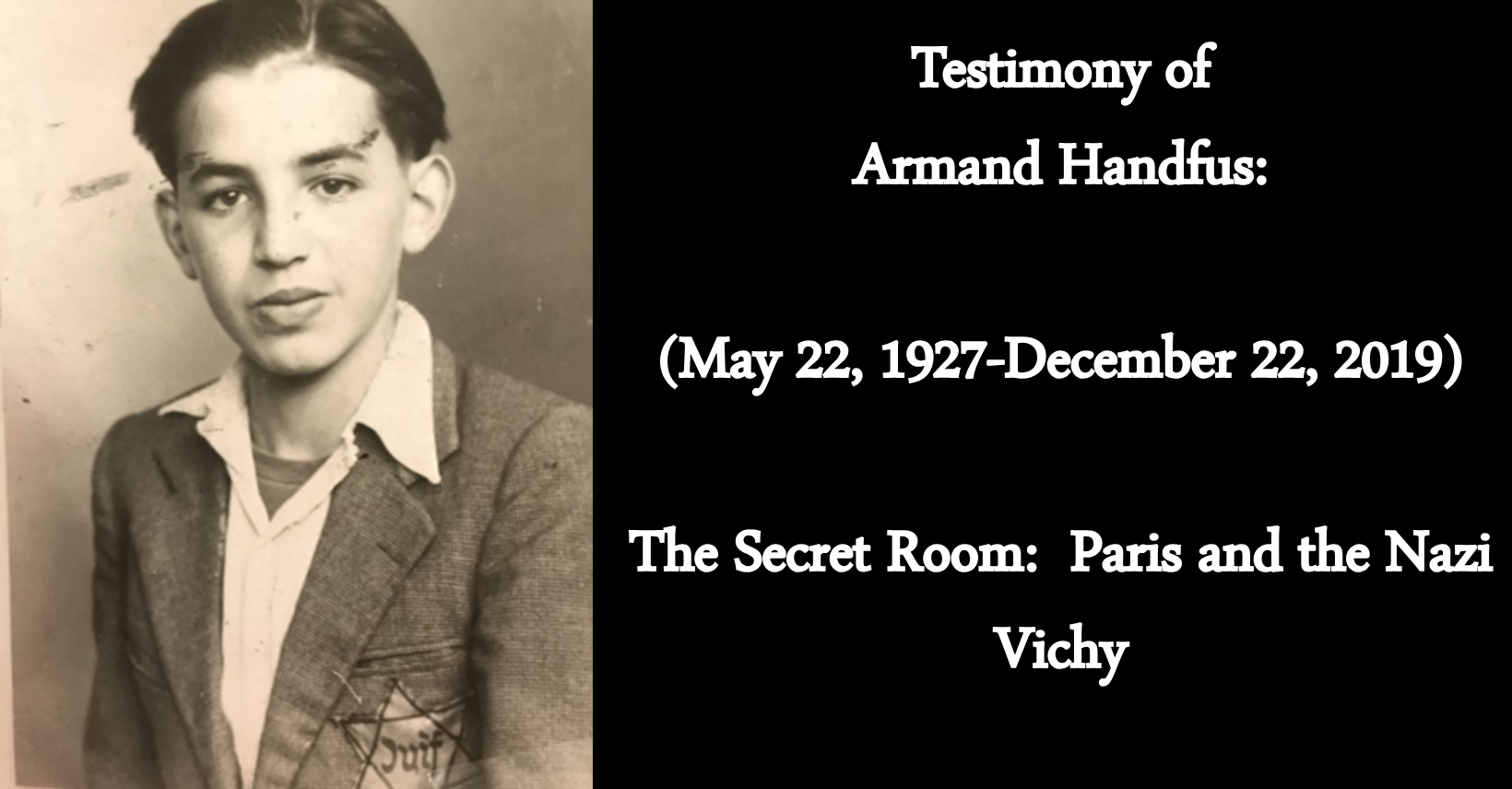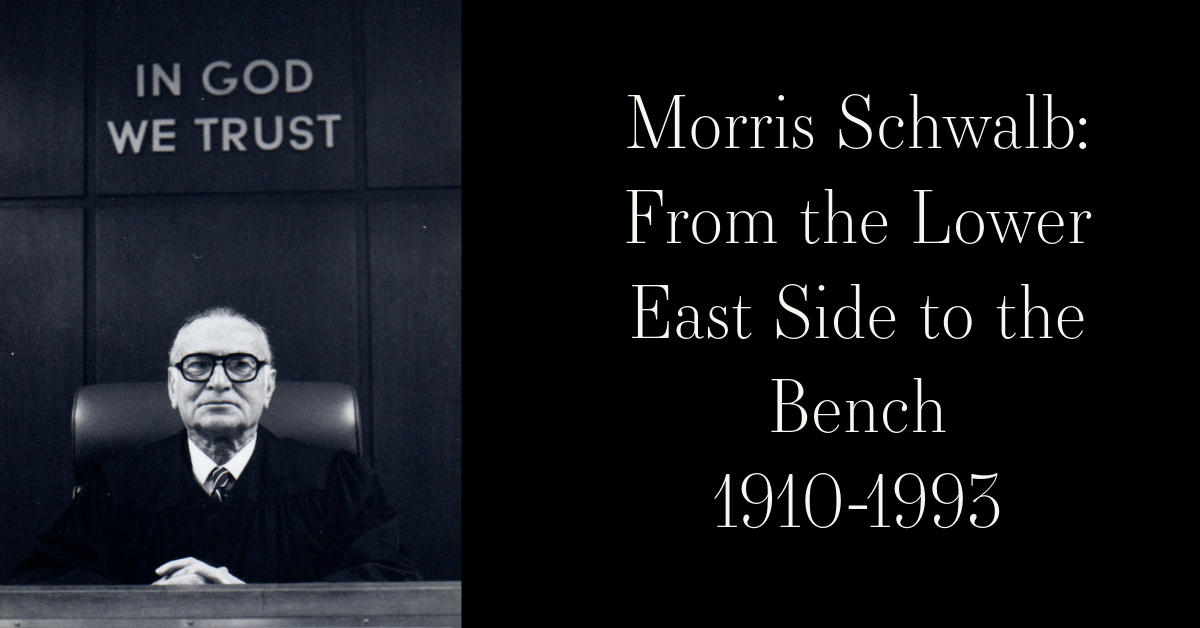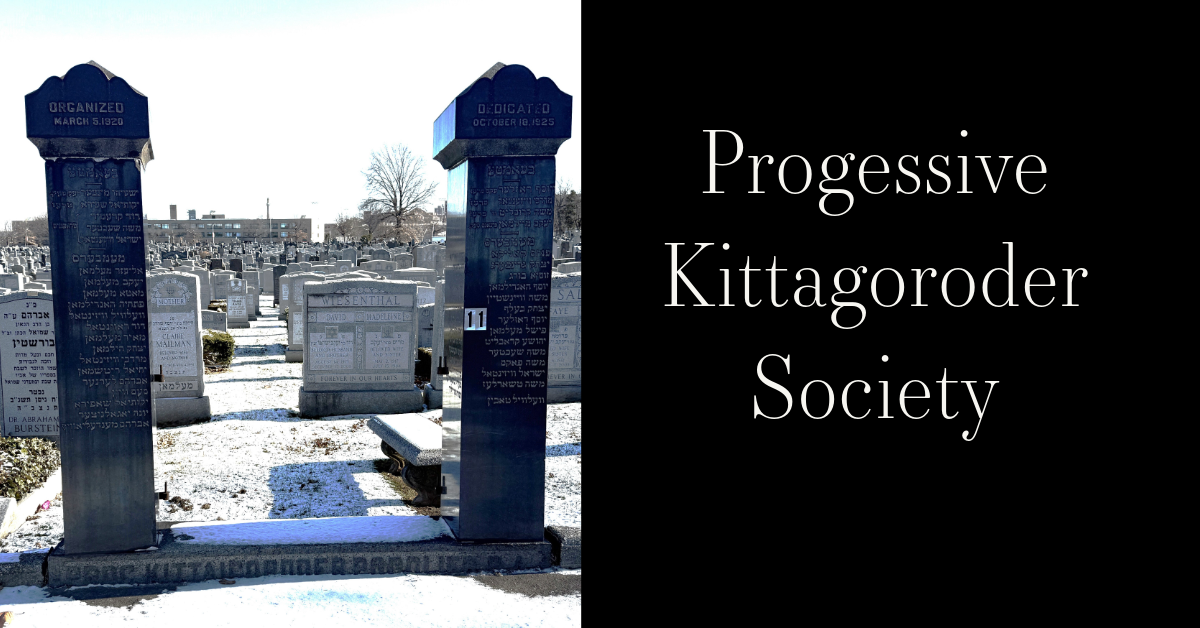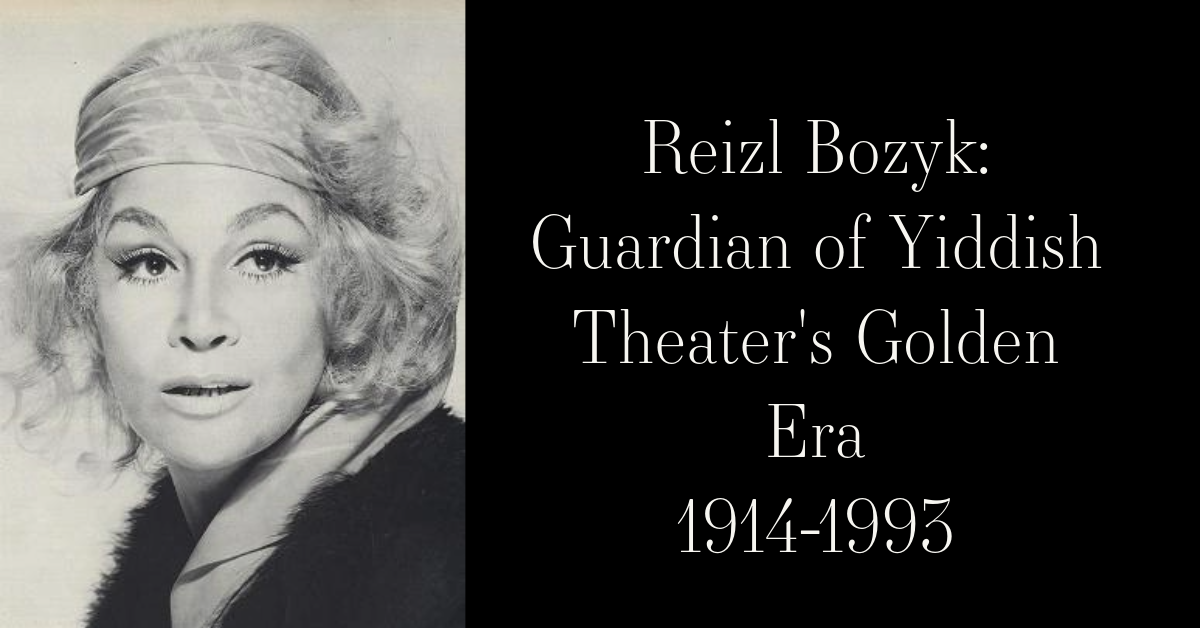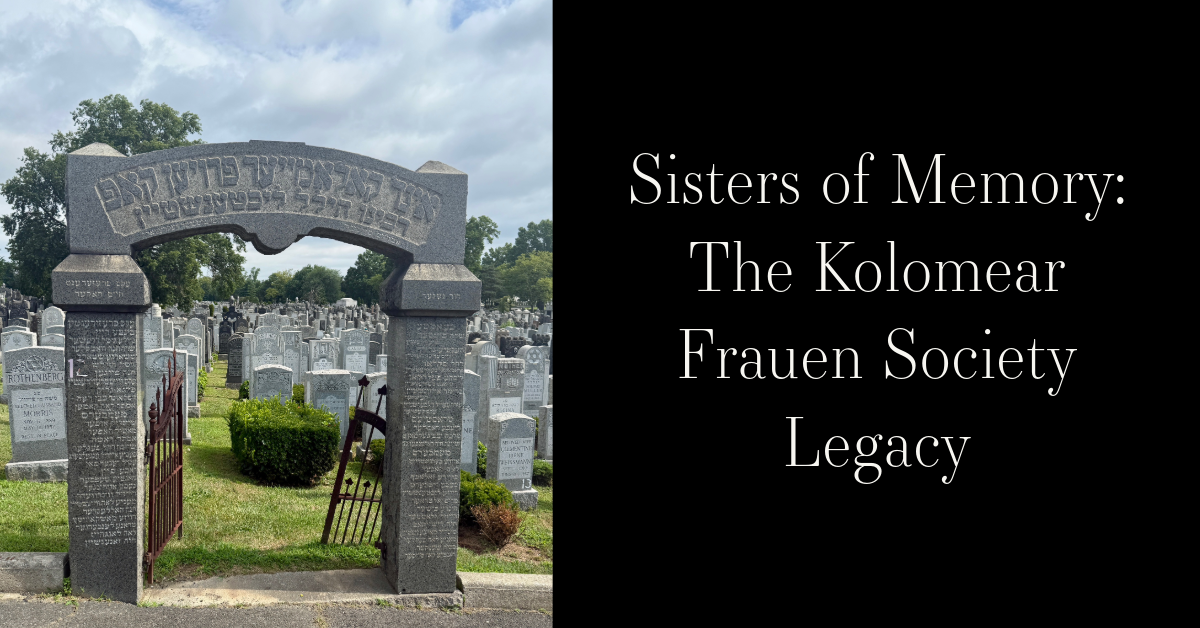Story Summary:
Clara was repeatedly told that she looked as tiny as an 8-year-old when she was 14! Yet she survived.
Clara was interred in 3 concentration camps where she was always the smallest. Yet she survived.
Clara was selected by Mengele ten times due to her size. Yet she survived.
Clara started to think that death would be preferable to her life in Hell. Yet she survived.
Clara Gluck Hirschhorn was, in the truest sense of the word, a survivor.
~Blog by Renee Meyers
Clara Hirschhorn: The Smallest Survivor

Clara Gluck Hirschhorn was born in Marghita, Romania on February 7, 1930. Her parents were Lazar and Blanca Gluck, both Orthodox Jews. Clara was one of five children residing in a bustling household. Lazar was employed as a salesman and he was usually away from home on business. When he was home (typically on Friday nights), he assisted Blanca baking bread for the family. Lazar would always arrive with a little something in his pocket to share with his children, such as a juicy orange.
Clara went to a school two miles away. She walked to and from school alone and occasionally had other children to walk with. Clara stated that it was safe in those days. As a young girl, Clara never liked or wanted to stay home. She went to this school beginning at 2 ½ years old until Clara was 4 years old.
As a child, Clara was always very skinny and sickly. Her mother always told her not to do many things fearing that she would hurt herself. However, Clara was always an active child who had the urge to move about all the time.
Clara mentioned a story which took place a few days prior to the family moving into the ghetto. Blanca visited an astrologer who read her palm. After the reading, she came back to her home in tears. Clara asked her mom why she was crying. Blanca explained that the astrologer told Blanca that she would be going through hard times. She predicted that Blanca’s middle daughter (Clara) would return home and be ok. The astrologer mentioned Clara’s other siblings in passing, saying “don’t know nothing.” The unspoken words of the clairvoyant seemed to be the answer to Blanca’s questions regarding the fate of her other children. This is why she returned home totally distraught.
Clara was very unhappy when she had to start wearing her yellow star. She felt it was as though they were criminals. It was terrible and she did not even want to venture outside.
When the Hirschhorn family learned they would be going into the ghetto in a few days, they started to gather up enough food to last several weeks. They also made sure to take the ingredients to bake bread. People in Marghita had been in the midst of cooking and baking for Shavous when they were informed that they must leave their homes 2-3 days before the holiday and move into the ghetto. When it was time to leave, families still had bread baking in their ovens. Clara went with her family into the Ghetto where they learned that each family was expected to contribute their foods and then all the ghetto residents would each have a part in the meals served.
When people had to leave the ghetto, they were taken to a large room in a horse stable where they stayed for three weeks. They were then put onto grossly overcrowded trains for the journey during which time everyone had to remain standing for three days and three nights. When people had to relieve themselves, they used a receptacle and then threw the urine or fecal matter out of the train. During the journey, the Hungarian police went from car to car asking the people to give them all their money. They were told that if they refused, they would be killed.
The train arrived at Auschwitz at 12 AM and the train doors were opened wide. Men in uniform pushed people out of the train and then directed them. Clara remembers that when she got off the train, she was wearing a very nice blue and white coat with the sandals that she received for Pesach. People in Marghita thought she looked older in her chic and trendy coat; more like an 18-year-old. Clara stated that she always loved to dress up.
Clara felt herself being pulled away from her mother, who had been directed to go to left. Clara did not want to be separated from her mother and ran back to her. The officers did not permit Clara to go to her left side where her mother was standing and they kept pulling her to the right side. Once Clara spied her older step sister, she instantly felt relieved and remained on the right side with her sister and the other younger people.
Clara recalled that everyone was directed to undress for their showers. Clara cooperated but after her shower she wanted to put her clothes back on including the beautiful coat that she arrived with. However, the clothes from all the inmates had been taken away and Clara was given shmattas (rags) to wear consisting of a dress that touched the floor. Clara’s step sister ripped a strip off at the bottom of the dress. She then constructed a head band for Clara in order to keep her warm because nights in Auschwitz were extremely cold. Then Clara and the other inmates had all their body hair cut off.
Each night people could see the fire emanating from the crematoria. They heard the bombing outside and Clara recalled many people wishing that the bombs would fall on them. In the morning, people had to line up and walk in front of the SS. As each woman passed these men, they were struck on their face, back and backside with a thick wooden stick. Clara found it odd that neither she nor her sister were struck like everyone else who sported all colors of dark marks on their bodies due to the blows. Clara thought this must be what the army was like. She recalled that everyone was so tired all the time and only wanted to sit down.
On the first day of Shavous, Clara believed that her family had been murdered. Thus, she had to observe yahrzeit for her parents, brother and sister. Due to this realization, Clara kept thinking, “I want to see my parents and my brother and sister. Why am I here? I have to go to school. What did I do? Where is my mother?” Clara’s step sister was with her which was some comfort for her.

Clara observed some of the inmates purposely placing their hands on the electrified barbed wires and then falling down dead. When Clara saw these people commit suicide, she began contemplating doing the same deed thinking “when I am alone, I will do this.”
The sleeping situation in the camp was very uncomfortable. Inmates were given neither a blanket nor a pillow. People rested their heads on top of their shoes which took the place of their pillows. Fortunately, Clara did not have get up to go to work in this camp. Since food was very scarce, Clara always felt starved. One day, Clara’s step sister happened to see a jar full of potatoes. She stole a few and gave them to Clara to keep her alive.
Clara noted that Mengele selected her ten times or maybe more. She attributed all of the selections to her being so small and skinny. Clara wanted to tell Mengele “Don’t kill me; I’ll kill myself.” Clara stated that she was a Pessimist and only wanted to die.
Clara stated that the inmates had to wear clogs. These clogs kept falling off her feet so she threw them away. An SS officer asked Clara where her shoes were and Clara pointed off into the distance and said “in the back.” As a result, Clara was punished and received 5 strikes on her back. When this occurred, Clara wished she was dead and could not stand it (in Auschwitz) anymore.
Clara remembers once when none of the inmates were given food for an entire day. At night, everyone had to get on trains heading to Nuremberg. Clara felt so happy since she longed to leave and finally go to a good place. On the train, Clara sat facing the wall and did not speak to anyone. She has a nice memory that she shared about a man who approached her and asked her how she got there. He then disappeared and then soon returned bringing food for her to eat on the train. She does not know whether or not the man was Jewish.
There was food for the inmates to eat when they arrived at the camp in Nuremberg. Clara stayed in a bunker for 3 weeks, in a Lager for 3 weeks and in a school building for 3 weeks. Clara’s job was to work sorting things. She described her living quarters as having a table and chair to sit on. Everyone got dishes which they were responsible for washing after eating. Clara estimates that there were 500 people in Nuremberg. She appeared to be the youngest of everyone. Clara recalled that Nuremberg was bombed almost every night. Due to the bombings, the inmates were placed in a school building for three weeks. A man hired them to work in his factory in Holoshow, Germany. At night, they went back to Nuremberg. Clara learned after the war that this man did not need them to work but he wanted to keep them alive so he had them work in his factory.
In May, 1945, Clara and the other Jews were liberated by a Partisan. The Partisans opened the door where Clara was staying and yelled “free,” “free.” Clara did not understand who this man was or what free meant. She thought she would die in the camp. After Clara was free, she stayed in a school in Holoshow, Germany for 2-3 weeks. She said she had to sleep on the floor and she did nothing during the day.
Clara remembers when she finally found out how to get to the train station. When she arrived, she was very self-conscious and knew that she looked terrible since she was dirty and wore a dirty dress. Eventually Clara figured things out and she found her way to her uncle whom she resided with for 2 years. At 17 1/2, Clara went to a Kibbutz in Israel and at the age of 18, Clara met her husband on the Kibbutz. Clara and Gustuv married in 1951 in Romania and had two daughters. In 1957, they came to live in America and moved to New York.

Clara Hirschhorn passed away on February 3, 2014 at the age of 83. She is buried in Mount Hebron Cemetery in Queens.

Blog by Renee Meyers


